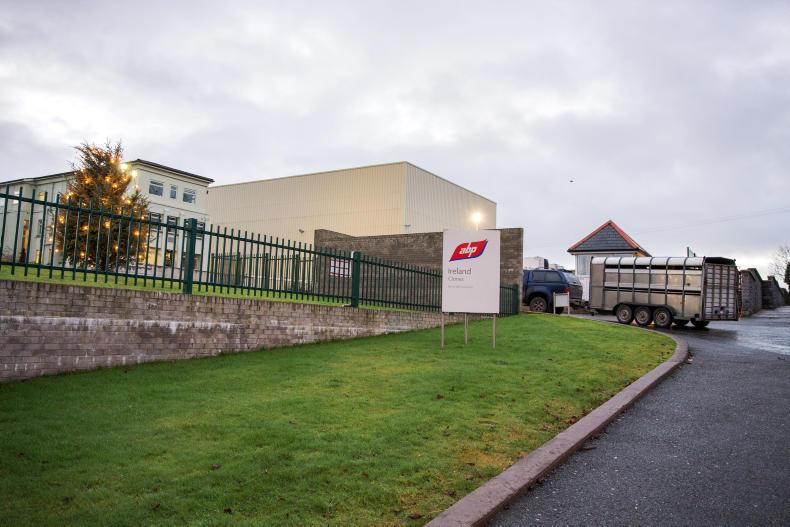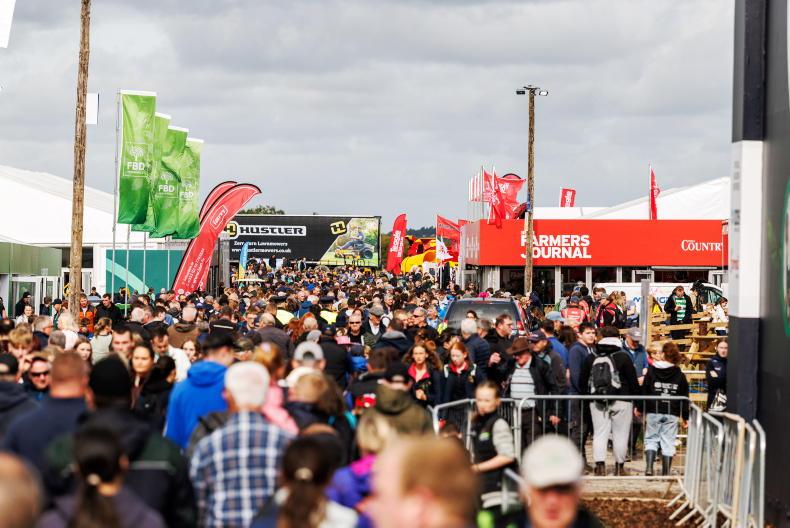COVID-19 has infiltrated several US beef factories and led to the closure of two JBS plants, as reported on page 18.
So far in Ireland, we have avoided widespread disruption. A series of measures have been put in place and precautions are being taken to reduce the risk of COVID-19 entering and spreading among factory workforces.
Face-to-face contact between farmers and factory agents is suspended, with business conducted by phone, text or email.
Factories are also preventing access to the general public. Farmers have to stay in their vehicles when dropping off livestock and dispatch documents are collected by factory staff from the vehicle. The same rules of remaining in vehicle apply to hauliers and other service vehicles.
Separation
Inside the factories, there is no mixing of staff, where possible. The lairage, kill line, boning hall and packing sections all operate as an individual units, with break times and times of operation staggered to facilitate this.
These measures put the emphasis on prevention, as the US experience has shown that once COVID-19 gets into a factory, it quickly spreads
Conference and video calls are being used instead of staff meetings.
Some factories have slowed the kill line and dropped every second animal on the line to maintain social distancing. This is more beneficial on the sheep line given the size of lambs.
Several factories have installed Perspex screens between work units in boning halls.
Packing areas are the most congested and it is difficult to achieve ideal separation of staff in this area.
Some factories considered spreading the day’s work across two shifts to further separate employees but this did not work in some cases. Some companies are offering temperature testing to employees.
These measures put the emphasis on prevention, as the US experience has shown that once COVID-19 gets into a factory, it quickly spreads to affect several employees. It is a case of so far so good in Irish factories but the risk remains high.









SHARING OPTIONS